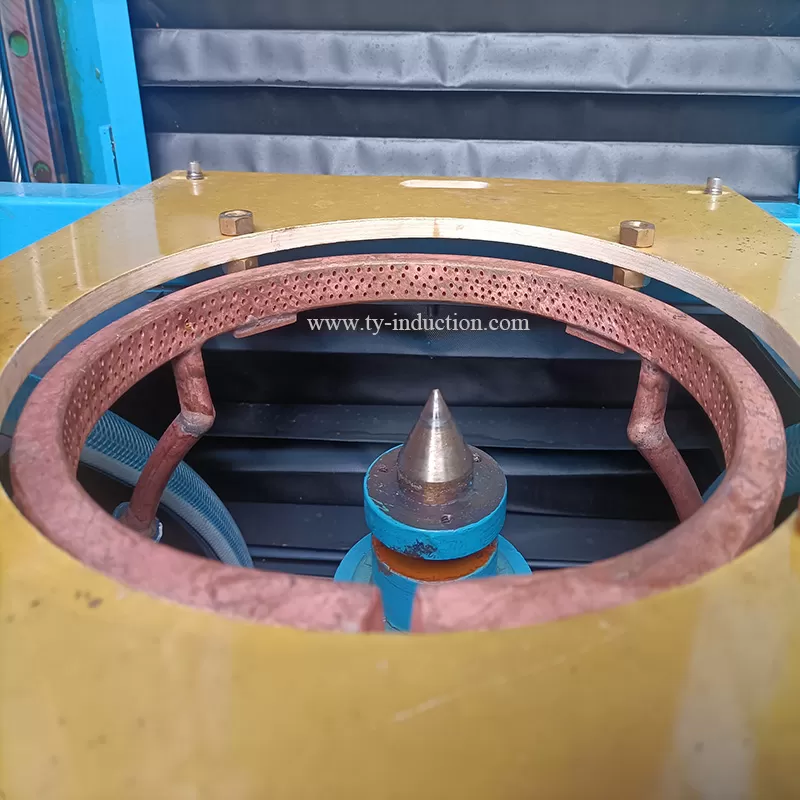Your Position: Home - Machinery - Benefits of Induction Hardening Excavator Cylinder Pins
In the realm of heavy machinery, the efficiency and longevity of excavators play a pivotal role in construction projects. One critical aspect contributing to the robustness of these machines is the induction hardening of excavator cylinder pins. This process significantly enhances durability, ensuring optimal performance even in the most demanding working conditions.

Induction hardening is a specialized heat treatment method that involves exposing the surface of materials to high-frequency induction currents. In the context of excavator cylinder pins, this process imparts exceptional hardness to the outer layer while maintaining a more ductile core. The result is a component that combines the toughness of the core with the wear-resistant properties of the hardened surface.
Induction hardening provides excavator cylinder pins with a hardened outer layer, effectively mitigating wear and tear caused by constant friction and abrasion during operation. This translates to prolonged lifespan and reduced maintenance costs for the machinery.
The hardened surface of the cylinder pins significantly boosts their overall strength. This is crucial in withstanding the heavy loads and pressures encountered in excavation tasks, ensuring the structural integrity of the entire excavator.
Excavators often operate under strenuous conditions, leading to potential fatigue issues in critical components. Induction hardening equipment helps mitigate fatigue-related problems by fortifying the surface of the cylinder pins, allowing them to endure prolonged usage without compromising performance.
The induction hardening process for excavator cylinder pins involves several key steps:
Before induction hardening, the surface of the cylinder pins undergoes meticulous preparation. This includes cleaning and, if necessary, preheating to ensure uniform heat distribution during the hardening process.
The pins are then subjected to high-frequency induction currents, rapidly heating the surface. This controlled heating is a crucial factor in achieving the desired hardness without affecting the internal structure of the pins.
Following the heating phase, the pins undergo rapid quenching, wherein they are cooled quickly to lock in the hardened structure. This step is vital in preserving the benefits of induction hardening, such as increased wear resistance and strength.
To balance the hardness attained through induction hardening, the pins undergo tempering. This involves controlled reheating to reduce brittleness and enhance toughness, ensuring a harmonious blend of hardness and ductility.
In conclusion, the induction hardening of excavator cylinder pins stands as a cornerstone in enhancing the durability and performance of heavy machinery. The benefits, including increased wear resistance, enhanced strength, and improved fatigue resistance, underscore the importance of this specialized heat treatment process. Construction professionals and machinery enthusiasts alike can appreciate the role played by induction-hardened cylinder pins in the relentless world of excavation.
For more details please contact TY-induction
327
0
0
Comments
All Comments (0)